ASEAN Centre for Energy and Canada-ASEAN Business Council Signed Memorandum of Understanding (MoU) at Energy Transition Roundtable, Team Canada Trade Mission in Jakarta
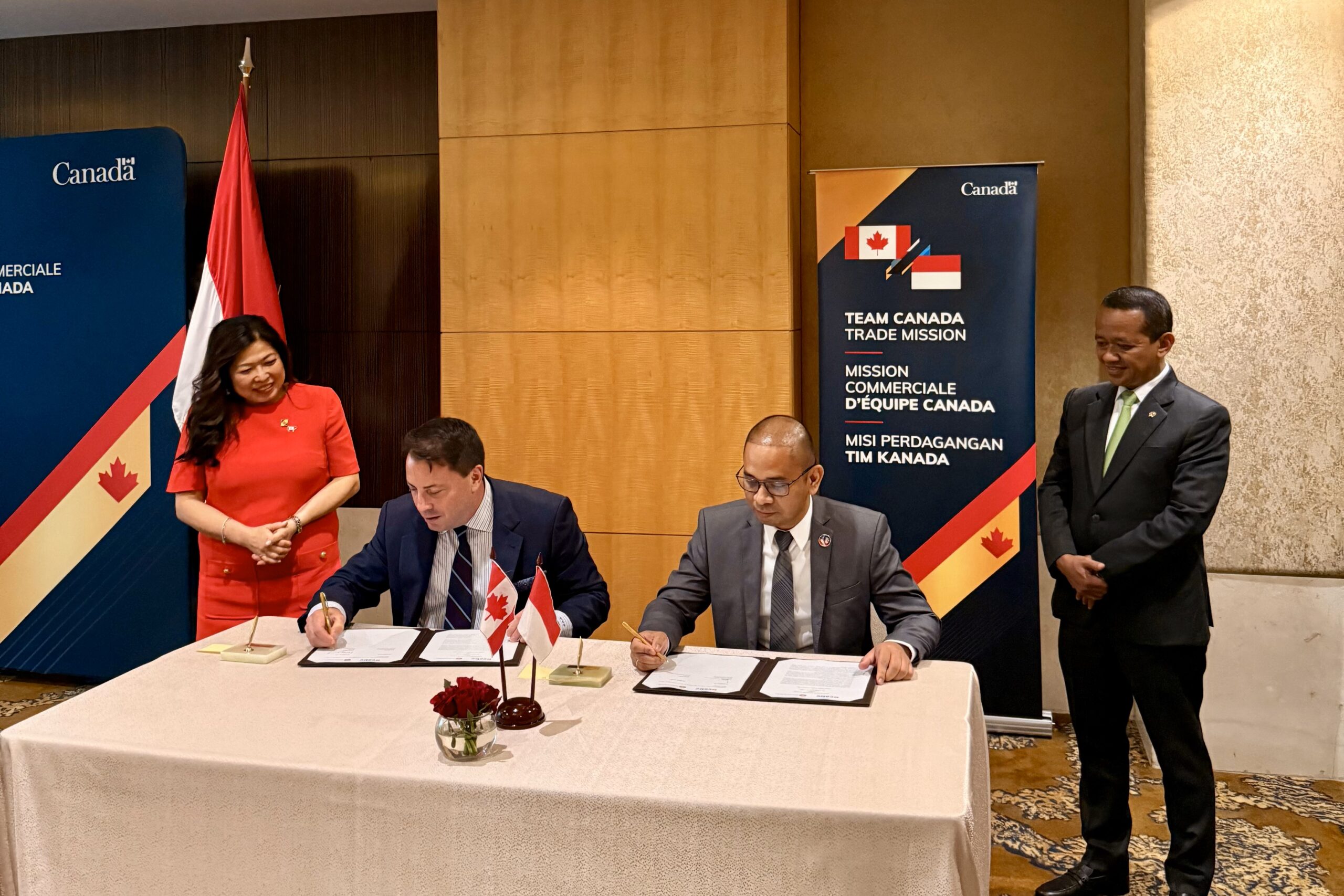
ASEAN Centre for Energy Engages with Regional Energy Entities at the 2nd Inter-Regional Energy Forum (IREF)
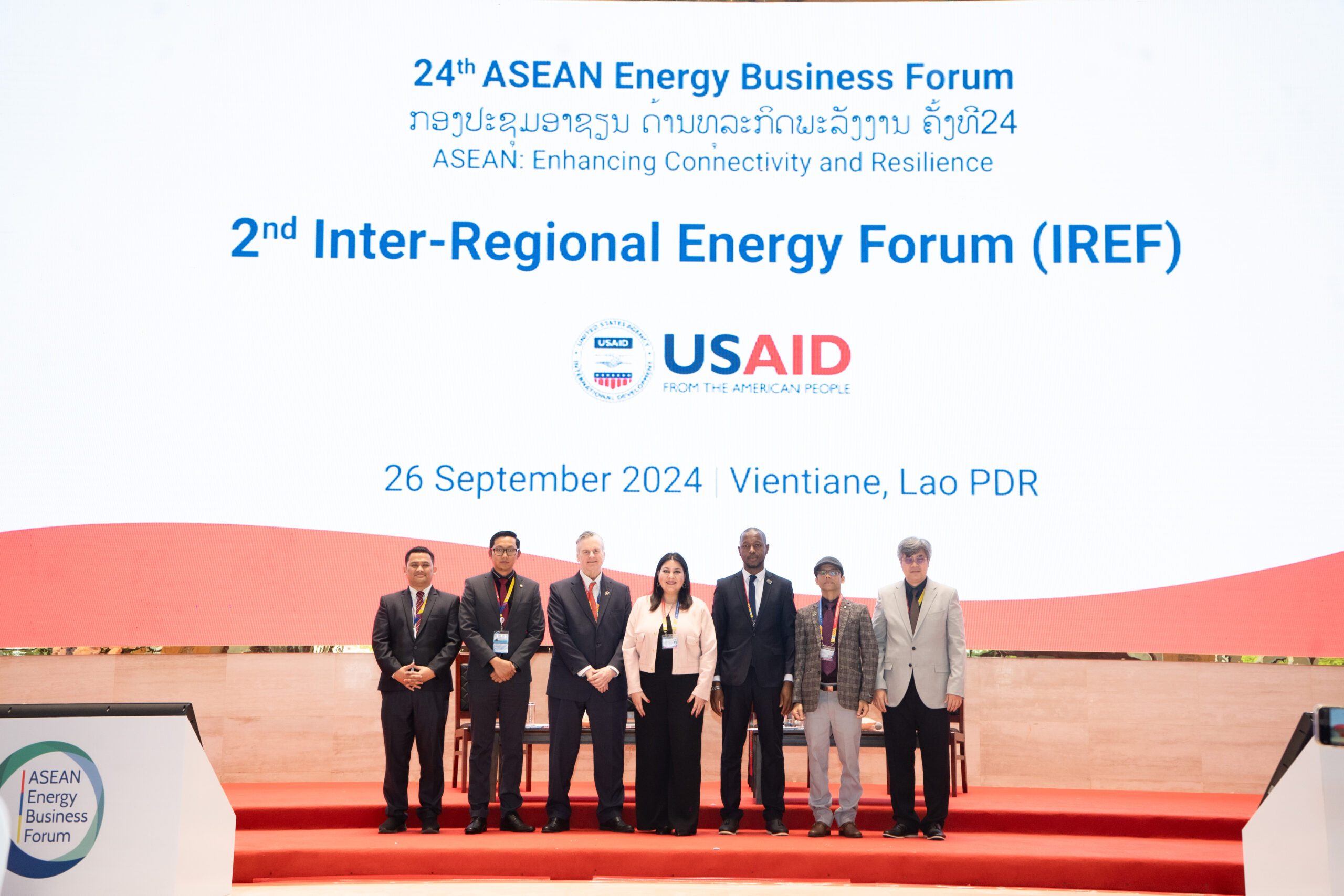
APAEC Post 2025 Consultation Workshop with RE-SSN As part of the 31st RE-SSN Meeting and its Associated Meetings
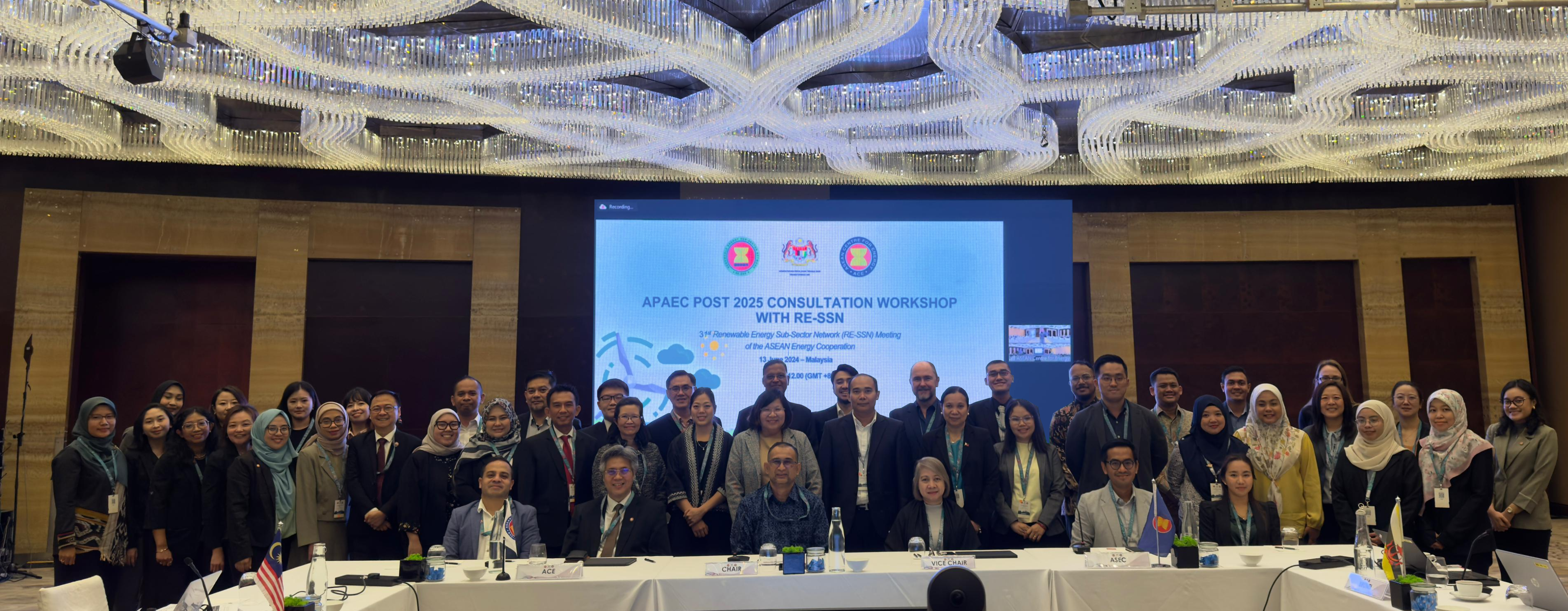
Learning Exchange on ASEAN Renewable Energy and Gender Roadmap: Road to New Phase of ASEAN Plan of Action for Energy Cooperation (APAEC)
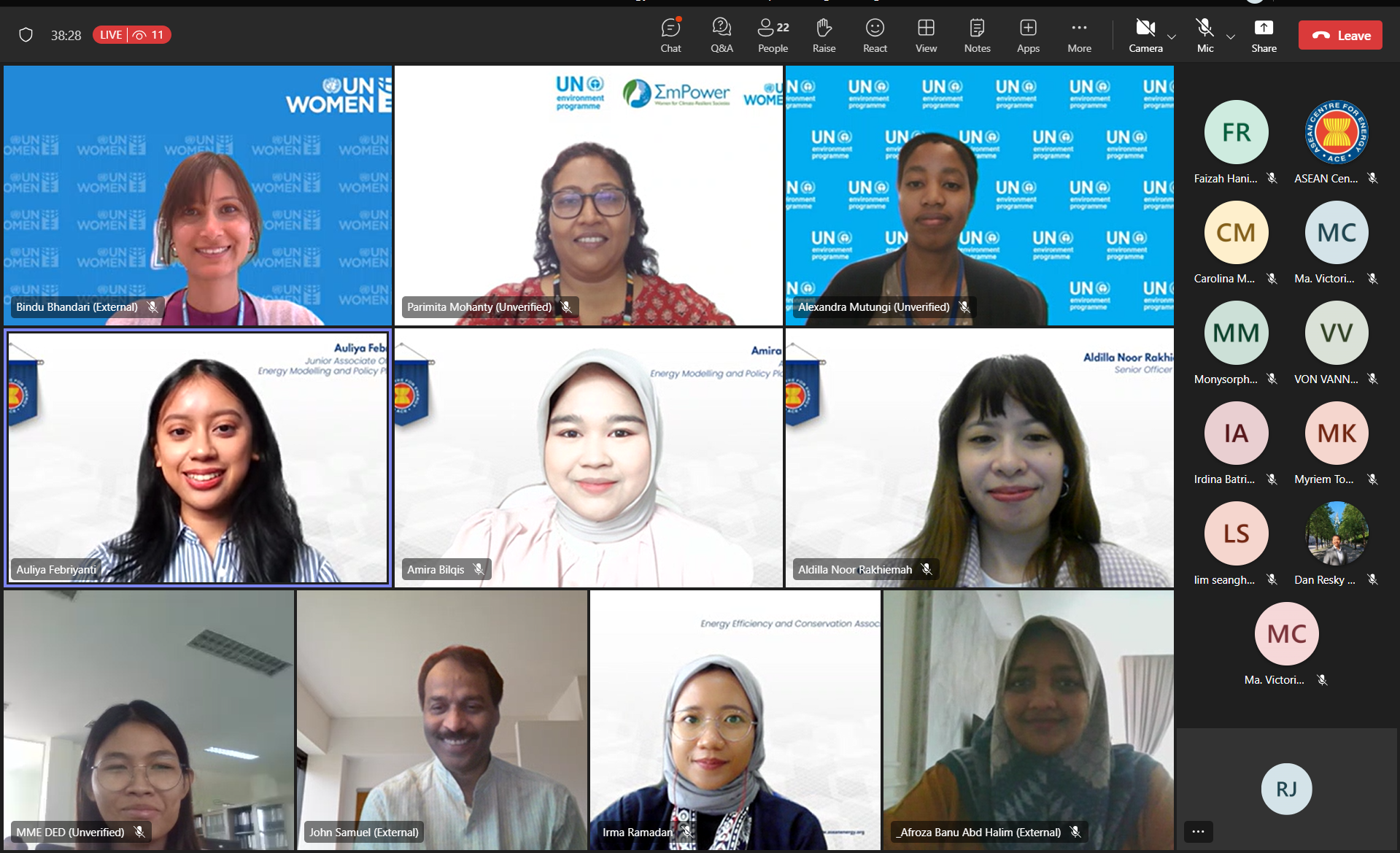
APAEC Post-2025 Drafting Workshop as Part of the 28th EE&C-SSN Associated Meeting
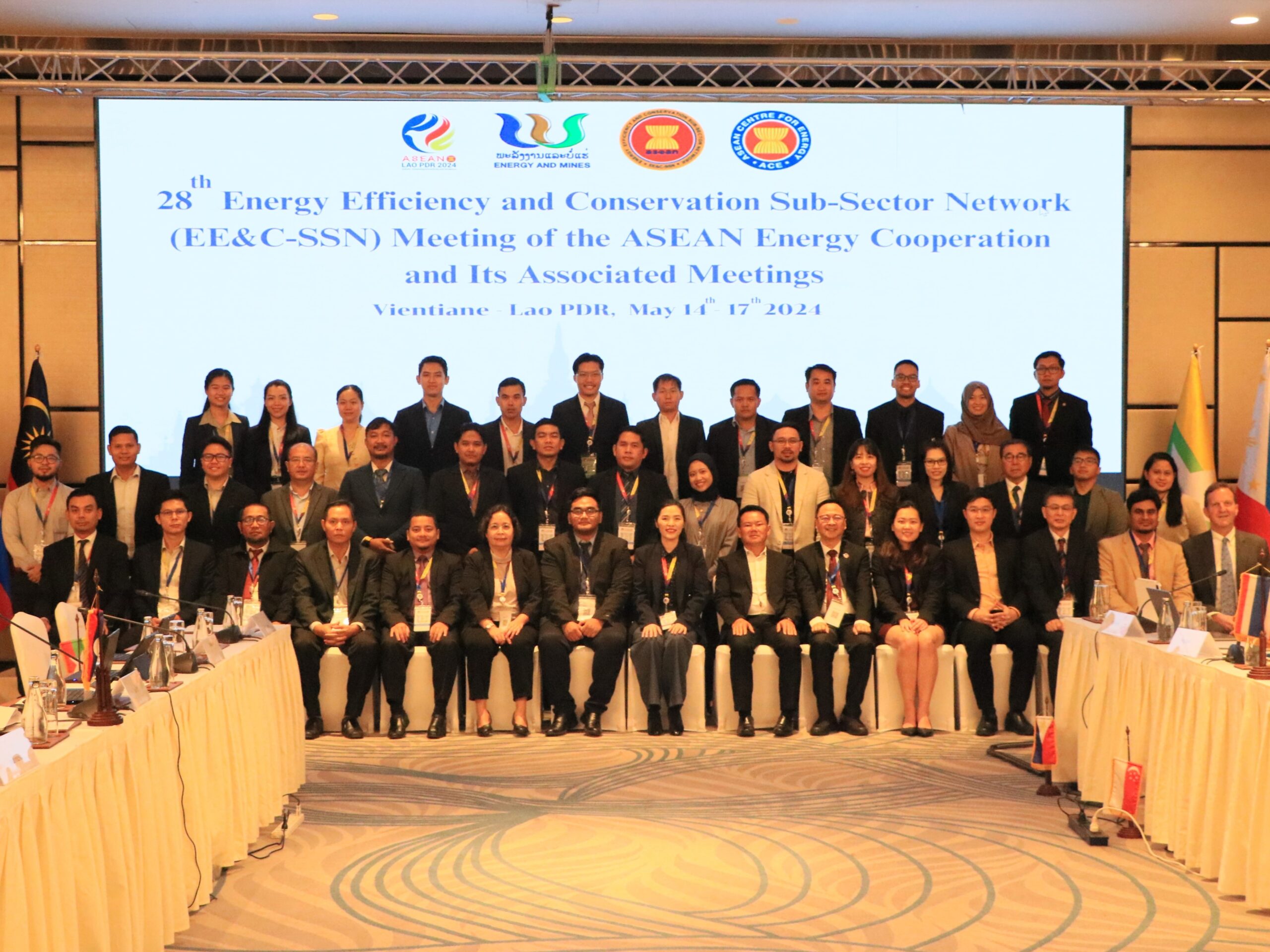
Understanding and Appreciating the Resilience of Energy Storage
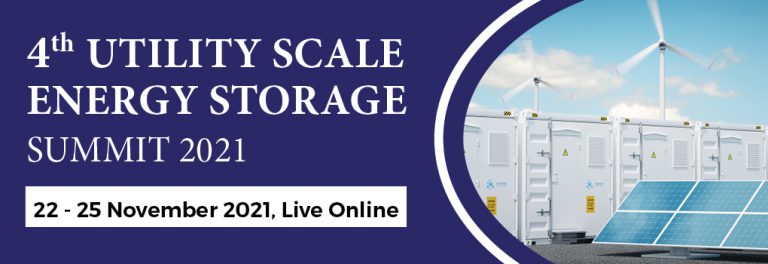
The concept of utility-scale energy storage remains fairly uncharted grounds for power utilities, government authorities, and even renewable energy players, and there is a significant lack of knowledge and understanding to combat rising demand challenges. Equip Global recently had the privilege to interview Beni Suryadi, Manager of Power, Fossil Fuel, Alternative Energy and Storage in ASEAN Centre for Energy about his views on common challenges and top innovations in developing a flexible and resilient energy supply and its critical role in global reconstruction.
Advancing Women’s Involvement in ASEAN Energy Transition

The ASEAN Plan of Action for Energy Cooperation, the framework of energy cooperation in the region, stipulates the aspirational targets of achieving 23 percent renewable energy share in the total primary energy supply and 32 percent energy intensity reduction by 2025.
Highlighting the Four Pillars of ASEAN Energy Cooperation in Achieving Sustainable Development
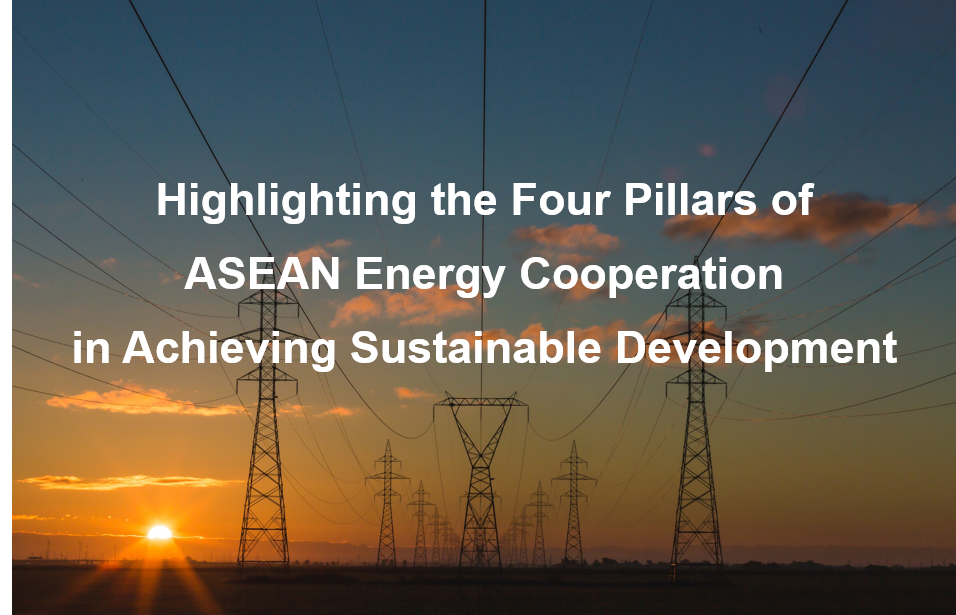
The world’s population continues to increase rapidly and is predicted to skyrocket in the future, with Southeast Asia as one of the centres of its growth. According to the 6th ASEAN Energy Outlook (AEO6), ASEAN is predicted to have 768 million inhabitants in 2040. With such a large population, innovations – coupled with collaborations – are needed so that the needs for food, water, and energy can be met sustainably. In determining sustainable energy planning, four important aspects must be considered, namely energy security, accessibility, affordability, and sustainability.











